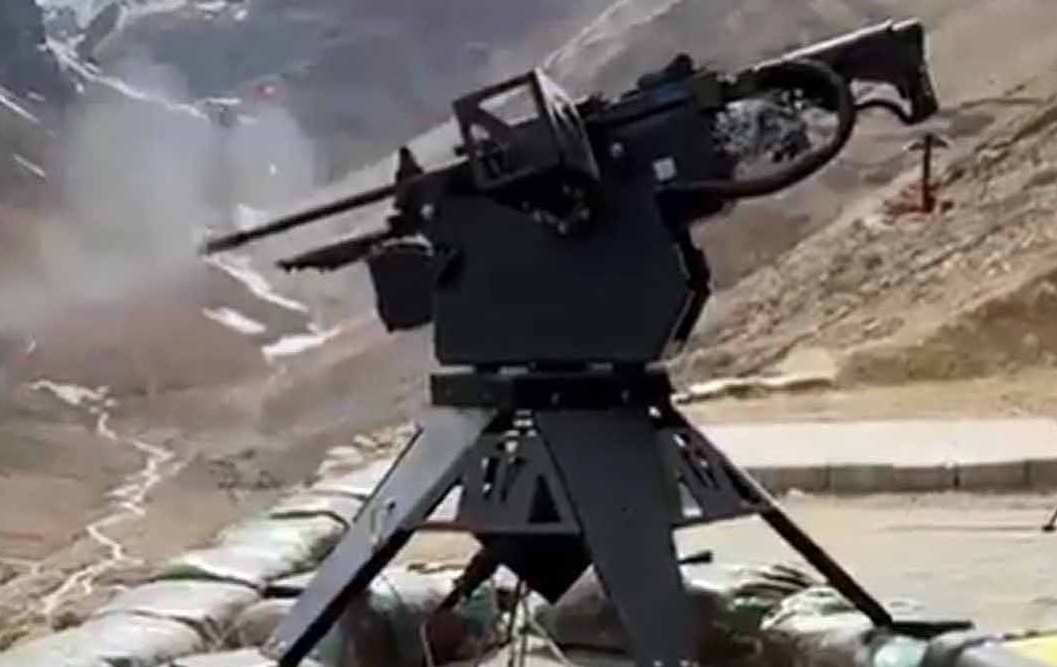Khamenei Warns of Strong Retaliation if Iran is Attacked

Iran's Supreme Leader, Ayatollah Ali Khamenei, issued a stern warning on Monday, stating that Iran would deliver a powerful response to any military aggression against the nation. This declaration follows recent threats from U.S. President Donald Trump, who indicated potential military action if Iran does not agree to a new nuclear deal.
During his Eid al-Fitr address, marking the end of Ramadan, Khamenei remarked, "If [the enemy] makes any aggression, it will be hit hard and our defense will also include response." This statement underscores Iran's readiness to defend itself amid escalating tensions with the United States.
Escalating Tensions Over Nuclear Negotiations
The backdrop to these developments is the heightened strain between Iran and the U.S. concerning Iran's nuclear program. In 2018, President Trump withdrew the U.S. from the 2015 Joint Comprehensive Plan of Action (JCPOA), commonly known as the Iran nuclear deal, and reinstated stringent sanctions on Tehran. These actions were part of a "maximum pressure" campaign aimed at curbing Iran's nuclear ambitions and regional influence.
In response to the U.S. withdrawal and subsequent sanctions, Iran began exceeding the uranium enrichment limits set by the JCPOA, arguing that its nuclear program is solely for peaceful purposes. Western nations, however, have expressed concerns over potential weaponization.
Recent Developments and Diplomatic Efforts
In early March, President Trump sent a letter to Ayatollah Khamenei, delivered via UAE presidential adviser Anwar Gargash, proposing renewed nuclear negotiations and cautioning of possible military action should Tehran refuse. Iran responded by reiterating its refusal to engage in direct talks under the current pressure and threats but left open the possibility of indirect negotiations through intermediaries such as Oman.
Despite these diplomatic overtures, tensions have continued to escalate. The U.S. has deployed additional military assets to the region, including B-2 bombers stationed on Diego Garcia, while Iran has placed its missiles on alert and showcased an underground "missile city." These moves highlight the precarious situation and the potential for rapid escalation.
Regional Implications and International Responses
The deteriorating U.S.-Iran relationship has broader implications for the Middle East. Iran's support for groups such as Hezbollah in Lebanon, Hamas in the Palestinian territories, the Houthi rebels in Yemen, and various armed factions in Iraq has long been a point of contention. Khamenei's recent statements reinforce Iran's commitment to these alliances, which he refers to as the "axis of resistance" against Israel and U.S. influence in the region.
Internationally, countries like Russia and China have called on the U.S. to lift sanctions against Iran and rejoin the JCPOA, emphasizing the importance of diplomatic solutions over military confrontations. European nations have also expressed concern over the escalating rhetoric and have urged both parties to return to the negotiating table to prevent further destabilization.
The exchange of threats between the U.S. and Iran has brought the two nations to a critical juncture. While diplomatic channels remain open, the potential for military conflict looms large. The international community continues to watch closely, hopeful that dialogue will prevail over aggression to ensure stability in the region.
✍️ This article is written by the team of The Defense News.






